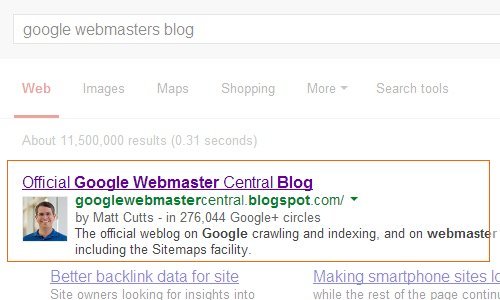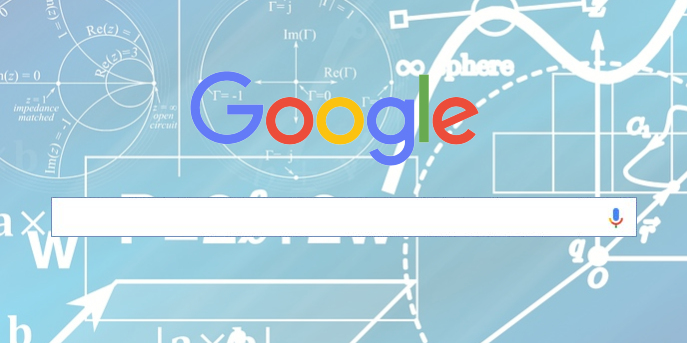
The Authorship feature is a way of formally declaring yourself as the author of website content you have written, and such content will subsequently be associated with your Google+ profile. Originally, website content associated with an author was accompanied by the author's headshot or a link to the author's Google+ profile in search results, but since June 2014 this is no longer the case. Google cited their desire to "clean up" search results as the reason for this change.
The Dos & Don'ts of Google Authorship
The first step to becoming a Google Author is to create a Google+ Profile if you don't already have one. It's important here to upload a high-quality headshot of yourself, in the form commonly seen in newspaper columns. Google has in fact specified that it prefers to "feature a human who wrote the content" and that an author's Google+ profile should be an individual's page, not a company page.
Next, you will need to ready your website content for being interpreted by Google as being associated with your Google+ profile. The easiest way to do this is to include a byline on pages that includes the exact name you used for your Google+ profile. Google specifies that an example of the best format for this is simply "By Jane Doe". A byline should only be included on pages that are a single page of content, for example a blog post, and not on pages that list multiple pages of content, for example a blog archive page. Google also notes that a byline should not be used on pages that contain property or product listings, even where these have editorial input, since it is most interested in "perspective/analysis".
Finally, you will need to register as a Google Author, by entering an email address that is on the same domain as that on which your website is hosted.
Does Google Authorship Provide Benefit?
While many publishers liked the fact that their profile photo and number of social shares used to be displayed alongside pages of their website in search results, there is conflicting evidence as to whether these made any difference to the number of clicks a search result received. Google's own 2012 data showed that "subjects did not notice social annotations", but that Google Author annotations were having more impact. When announcing that the annotations would be removed, Google concluded that "experiments indicate that click-through behavior on this new less-cluttered design is similar to the previous one".
So while the number of click-throughs that arose from Google Authorship is now a redundant point, there is little evidence to date that engaging with Google Authorship will improve a website's ranking in search results either. However, creating a Google+ page for yourself and referring to that page as the author of your website's content is certainly not going to harm your search engine rankings, and given Google's commitment to making Google+ a rival to other social networks, it is surely going to help your website on some level. We would therefore recommend that anyone who publishes content in the form of a blog or articles section as "themselves" should consider becoming a Google Author.
Last updated: 5th August, 2014


